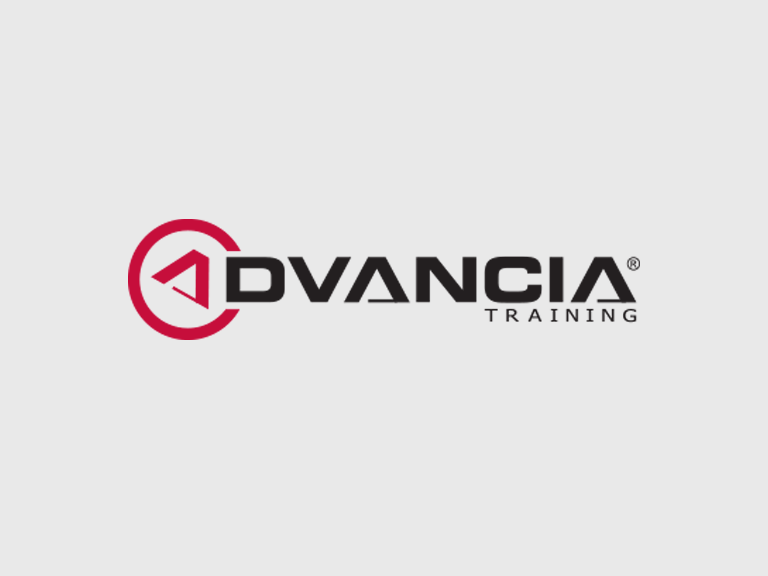Implementing Cisco Advanced Call Control and Mobility Services (CLACCM 300-815)
Découvrez toutes les nouveautés de Advancia Training : actualités, événements, médias ainsi que nos offres.
The Implementing Cisco Advanced Call Control and Mobility Services (CLACCM) v1.0 course covers advanced call control and mobility services. You will learn how to use Cisco® Unified Communications Manager features to consolidate your communications infrastructure into a scalable, portable, and secure collaboration solution.
Through a combination of lessons and hands-on experiences, you will also learn about a wealth of other features such as Globalized Call Routing, Global Dial Plan Replication, Cisco Unified Mobility, Cisco Extension Mobility, Device Mobility, Session Initiation Protocol Uniform Resource Identifier (SIP/ URI) call routing, Call Admission Control, Cisco Unified Communications Manager Express and Survivable Remote Site Telephony (SRST) gateway technologies, Cisco Unified Board Element Call deployments, signaling and media protocols, call coverage, and time of day routing.
This course prepares you for the 300-815 Implementing Cisco Advanced Call Control and Mobility Services (CLACCM) exam. This course also earns you 40 Continuing Education (CE) credits towards recertification.
Before taking this course, you should have the following knowledge and skills:
- Internet web browser usability knowledge and general computer usage
- Basic understanding of networking technologies
- Basic understanding of voice and video
- Describe the different codecs and how they are used to transform analogue voice into digital streams
- Knowledge of Cisco Internetworking Operation System (Cisco IOS XE) command line
- Describe the Cisco Collaboration solutions architecture
- Define collaboration and describe the main purpose of key devices in a Cisco collaboration on-premises deployment model
- Configure and modify required parameters in Cisco Unified CM including service activation, enterprise parameters, CM groups, time settings, and device pool
- Deploy and troubleshoot IP phones via manual configuration within Cisco Unified CM
- Describe and configure endpoints and commonly required features
- Compare the IP Phone signaling protocols of Session Initiation Protocol (SIP), H.323, Media Gateway Control Protocol (MGCP), and Skinny Call Control Protocol (SCCP)
- Analyze traffic patterns and quality issues in converged IP networks supporting voice, video, and data traffic
- Define Quality of Service (QoS) and its models
- Describe the call setup and teardown process for a SIP device including codec negotiation using Session Description Protocol (SDP) and media channel setup
- Manage Cisco Unified CM user accounts (local and via Lightweight Directory Access Protocol [LDAP])
- Describe a dial plan and explain call routing in Cisco Unified Communications Manager
- Configure dial plan elements within a single site Cisco Unified CM deployment including Route Groups, Local Route Group, Route Lists, Route Patterns,
- Translation Patterns, Transformations, SIP Trunks, and SIP Route Patterns
- Implement basic globalized call routing within a Cisco Unified Communications Manager cluster
- Configure calling privileges in Cisco Unified Communications Manager
- Implement toll fraud prevention
- Implement common endpoint features including call park, softkeys, shared lines, and pickup groups
- Implement Public Switched Telephone Network (PSTN) access using Media Gateway Control Protocol (MGCP) gateways
- Implement a Cisco gateway for PSTN access
Deploy a simple SIP dial plan on a Cisco Interrupt Service Routine (ISR) gateway to enable access to the PSTN network - Implement and troubleshoot media resources in Cisco Unified Communications Manager
- Manage Cisco Unified CM access to media resources available within Cisco
- Unified CM and Cisco ISR gateways
- Describe tools for reporting and maintenance including Unified Reports, Real
- Time Monitoring Tool (RTMT), Distributed Resource Scheduler (DRS), and Call
- Detail Records (CDRs) within Cisco Unified CM
- The following Cisco courses can help you gain the knowledge you need to prepare for this course:
- Understanding Cisco Collaboration Foundations (CLFNDU)
- Implementing and Operating Cisco Collaboration Core Technologies (CLCOR)
This course is designed for Collaboration engineers and administration professionals in job roles such as:
Network administrator
Network architect
Network designer
Network engineer
Network manager
After taking this course, you should be able to:
- Analyze and troubleshoot SIP, H.323, and media protocols
- Implement time-of-day routing, call park, call pickup, and meet-me conferences in Cisco Unified Communications Manager
- Implement call coverage in Cisco Unified Communications Manager
- Configure and troubleshoot Cisco Unified Communications Manager Device Mobility
- Configure and troubleshoot Cisco Unified Communications Manager Extension Mobility
- Configure and troubleshoot Cisco Unified Communications Manager Unified Mobility
- Implement Cisco Unified Communications Manager Express for SIP phones
Implement globalized call routing within and between Cisco Unified Communications Manager clusters - Implement Media Gateway Control Protocol (MGCP) fallback and Survivable Remote Site Telephony (SRST) in Cisco Unified Communications Manager and in Cisco IOS® XE gateways
- Implement Call Admission Control and Automated Alternate Routing (AAR) in Cisco Unified Communications Manager
- Implement URI calling in Cisco Unified Communications Manager for calls within a cluster and between clusters
- Troubleshoot multisite Cisco Unified Communications Manager deployments
- Implement Intercluster Lookup Service (ILS) between Cisco Unified
- Communications Manager clusters and enable Global Dial Plan Replication (GDPR)
- Configure and troubleshoot Cisco Unified Border Element
